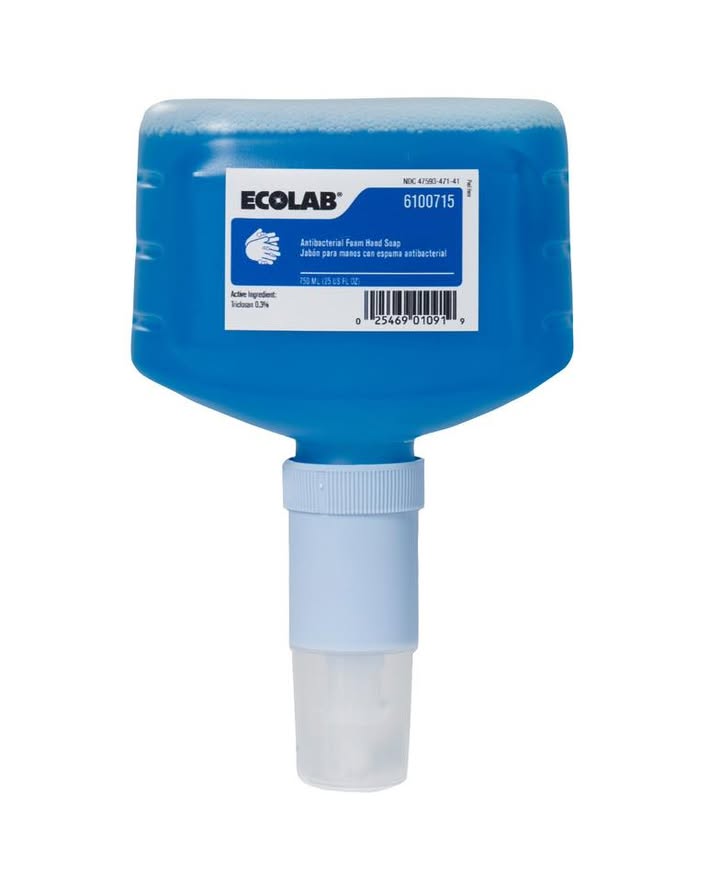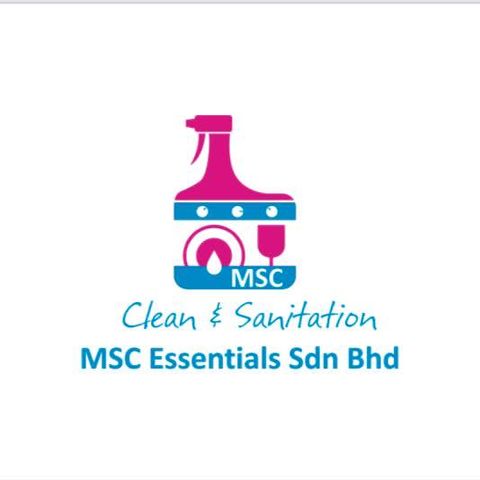
???? HAND HYGIENE AWARENESS
Why Antibacterial Hand Soap Works Better Than Regular Supermarket Soap
Most people think all hand soaps are the same — but in commercial kitchens and foodservice environments, they are NOT.
Using the wrong soap can lead to cross-contamination, foodborne illness, and hygiene failures.
Here’s what your staffs need to understand. ????
⸻
???? 1. Antibacterial Soap Kills Germs — Regular Soap Does Not
Antibacterial hand soaps contain active ingredients that are proven to eliminate:
• Bacteria
• Viruses
• Common kitchen pathogens (Salmonella, E. coli, Staph, etc.)
Supermarket soap only washes away dirt and oil — it does NOT actively kill germs.
⸻
???? 2. Designed for Foodservice & High-Risk Environments
Antibacterial soaps used in hotels, restaurants, cafés, and central kitchens are:
• Formulated for HACCP / food-grade use
• NSF certified / safe for food contact areas
• Effective even with high-frequency washing
Retail soaps are meant for household use, not commercial food handling.
⸻
???? 3. Low-Residue & Food-Safe Formulation
Professional antibacterial hand soap:
• Leaves no fragrance residue
• Safe around food processing
• Rinses off cleanly
• Prevents chemical contamination of food
Supermarket soaps often contain heavy perfumes, moisturizers, and dyes not suitable for kitchens.
⸻
???? 4. Prevents Cross-Contamination
Commercial antibacterial soaps provide protection during:
• Handling raw chicken/meat
• Cutting vegetables
• Working with seafood
• Switching stations
This prevents food poisoning and ensures safe operation.
⸻
???? 5. Works Better With Sensor or Manual Soap Dispensers
Professional formulations are designed for:
• Consistent foaming
• Controlled dosage
• Better coverage
• Less wastage
Household soap often clogs dispensers and creates inconsistent output.
#followersreelsfypシ゚viralシfypシ゚viralシalシ
#mscessentials
#antibacterial
#foodsafety
#KitchenHygiene
